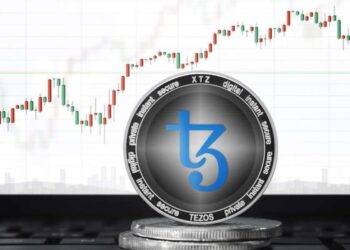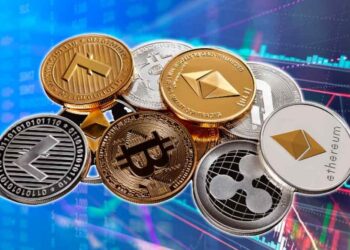Recently, the president of the European Union, Ursula von der Leyen visited India. For her inaugural speech at the 4th edition of Raisina Dialogue by Observer Research Foundation (ORF) and the Ministry of External Affairs, she took an opportunity to publicly target Russia and China over the Russian Invasion.
She continued by speaking about her visit to Bucha, in Kyiv where she saw dead bodies and Mass destruction. In her verbal attack, she spoke about Russia and its atrocious crimes in Ukraine that have been a violation of international laws. Further, she described that Russia has been killing several innocent civilians and trying to change the borders by force against the will of the free citizens.

In the context of China, she said that it has an unrestrained pact with Russia with no limits to their friendships and no permitted areas of cooperation.
A Steep increase in Foreign dignitary visits to India

One might think that India’s neutral stand has brought it to a beneficial situation where Foreign visitors like the Foreign minister of China, Japan’s PM, the UK’s PM, and other world leaders are coming to India to have a word with the Central government. Even the Raisina Dialogue is a display of strength between India and European countries. The President of the EU and foreign ministers from 8 European nations took part in it with other senior officials from the EU. Even the UK PM Boris Johnson paid a visit to India and signed multiple crucial agreements with India.

Europeans are reaching out to India because they are aware that the Ukraine-Russia War will determine the future of the world and change the relations in Asia and the rest of the world. They are turning to India with expectations and trying to keep enhanced ties with India by countering Russia and China.
India has a clear perspective on the changing circumstances
The Indian government is not trying to take a leader’s position in non-aligned countries. However, it is assumed to be one of the crucial nations in it. A testimony of this is that PM Modi is scheduled to go to Europe for the India-Nordic countries summit in early May. Also, he might make a plan to meet the re-elected French President and New German Chancellor. Furthermore, he will take part in the in-person Quad summit. So, we can easily anticipate that the Invasion of Ukraine has become the prime subject of discussion in these International meets.
Some time back, the European Union had strengthened its ties with China by signing an agreement for Investment. It was a big win for China against the US. But, in the context of the Russian Invasion and the following foreign relations, the agreement is suspended. On the other hand, the US and EU are stronger and more united than ever. Also, the EU is China’s largest trading partner with a trade exchange of $709 billion (2021). Consequently, the EU is looking to decrease this amount of dependence on China.
India is the second preferred destination of the EU and to reduce the dependency on China, the EU could increase economic ties with India. At the same time, India has signed trade deals with the UK, UAE and Australia. All these deals shall be beneficial for the country.
‘A New World’
It is expected that the talks for a free trade agreement between India and the EU will restart by June 2022. Also, the discussions over an investment protection agreement and an agreement on geographical indications are scheduled. However, this is just a single way India can benefit from this international situation. There are more opportunities for India. India needs to modify its foreign policy to increase the investments in struggling micro, small and medium enterprises (MSMEs). At the same time, there is a need to upgrade the industry and export set up of India by modifying the ports, Warehouse and pushing for digitalization.
The situation between Ukraine and Russia refuses to get back to normal. Consequently, post-war there will be a completely new world and India needs to maintain its strategic automation that will be retested again and again in the future.
Also, Checkout: The Raisina Dialogue 2022: Explained
















